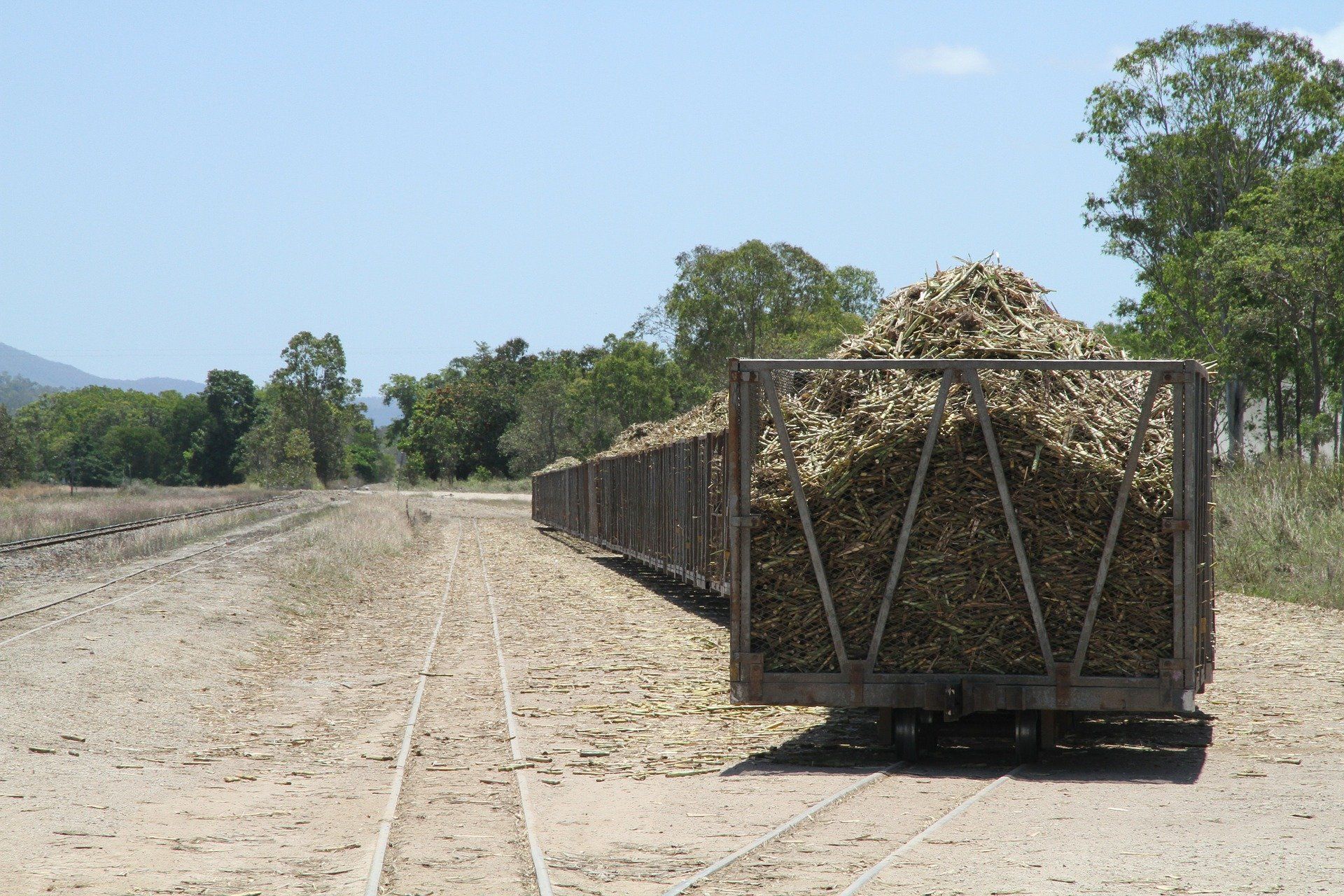1MG FlippingBooks
Queensland regional jobs get grant support
The Queensland Government has opened the second round of funding for food and agricultural businesses, with up to $250,000 available to individual projects, and a closing date of September 6.
The Rural Economic Development (RED) Grants Scheme is a $10m program involving three funding rounds over a three-year period ending in 2021. By creating jobs in these agricultural industries, the scheme aims to provide significant economic benefits to rural and regional communities.
Examples of projects that may be eligible under the scheme include the development of new products or markets or improved business processes, where investment will create job opportunities.
“To be eligible to apply, applicant must propose an agricultural supply chain project based in regional Queensland that will generate economic growth and local jobs,” Mr Furner says. “Eligible projects may implement new technologies and innovations that enhance productivity, assist with business development and expansion, or work to achieve improved economies of scale.”
The first round of grants, valued at $3.3 million, supported businesses in regions such as the Sunshine Coast, Toowoomba, Lockyer Valley, Mareeba and North Burnett. It is expected to create up to 600 jobs in the agricultural sector and help 15 rural businesses expand.
“We’ve seen some exciting projects that will greatly benefit and value add to the agricultural supply chains in regional areas,” Mr Furner says.
Fair Dinkum Meats at Springsure and Emerald received a grant of more than $217,000 during the first round of the program to help fund its business expansion and create jobs in regional areas. Managing Director Jason O’Loughlin will be using this funding to build a state-of-the-art boutique produce supermarket and smokehouse, creating up to 24 fulltime job opportunities for both meat industry specialists and shop fitters. Mr Furner has also estimated that the project will create up to 48 indirect jobs in the community.
“We already run a successful regional business which prides itself on bringing traditional old school butcher values to providing excellent service, quality products and supporting local employment and communities,” Mr O’Loughlin says. “Establishing our own facilities means we are able to expand the range of goods and better service the needs of customers.”
The project will also benefit local primary producers of beef, pork, lamb and chicken as well as fresh produce growers including herbs and leafy greens.
A third round of the scheme is anticipated to commence in mid 2020. You can find out more here.
















